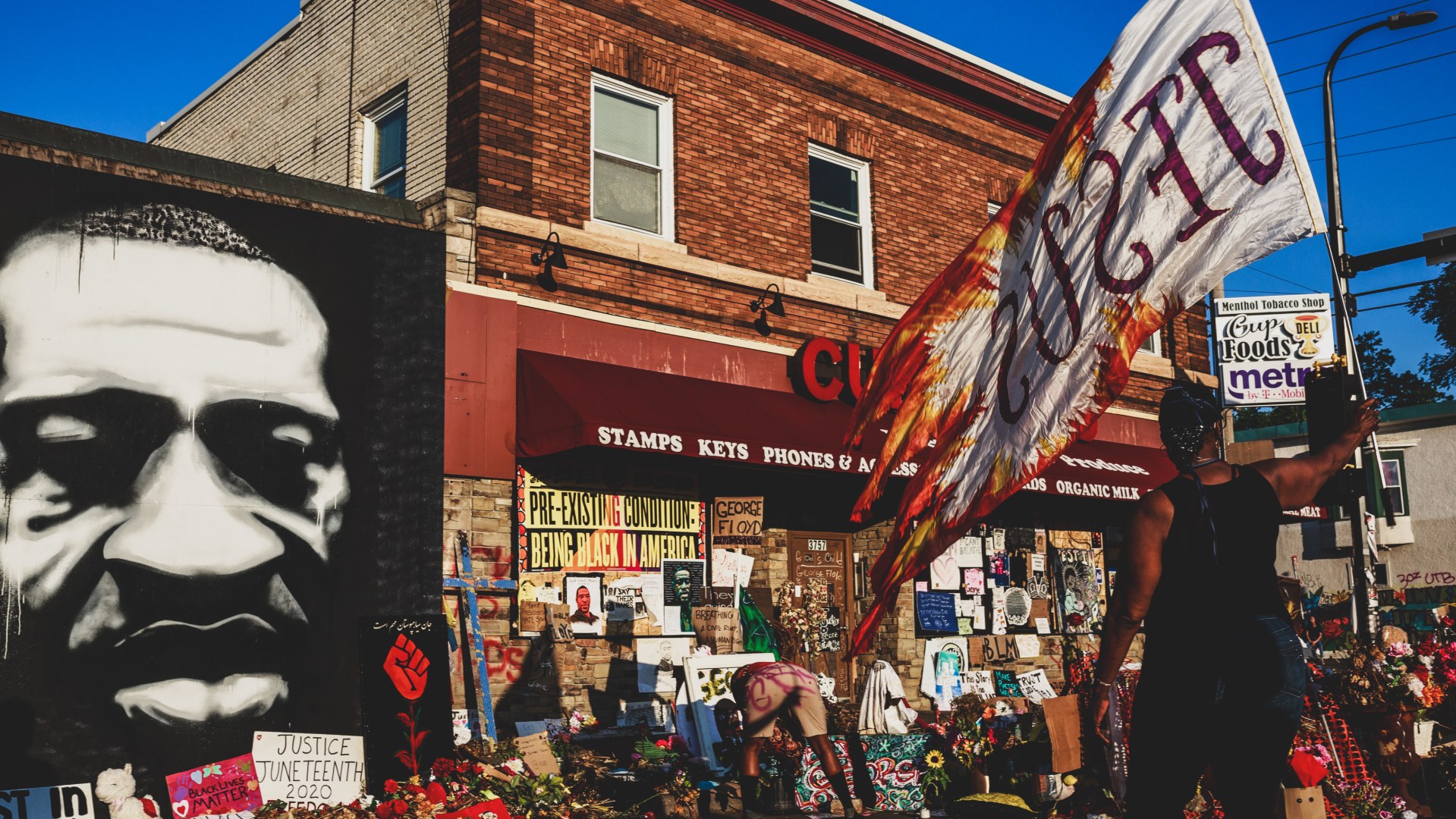When I was a 12-year-old boy, I had a sobering conversation with my father and my uncle. Generally, it is referred to as the talk. In African American families, it is common for parents to introduce their adolescent children, especially their sons, to the dangers awaiting them in a world that now perceives them as young adults. I still remember the alarm sounded by my uncle. He said, “Neph, you are male, black, and large. Many will perceive you as a threat, and it may get you killed.”
My uncle and my father equipped me for a life in which such dangers are very real. As I entered young adulthood, the concerns of the talk were proven true by my own experiences. But, while I was prepared to survive, I did not feel equipped to thrive. I did not know how to confront the problem of perpetual ethnic conflict. I knew how to get home safely, but I didn’t recognize how being treated justly was an essential demand of my humanity. Instead, I learned to brace myself for injustice. This gave rise to crippling hopelessness.
Right now, the United States faces the emotional aftermath of a series of unfathomable deaths that occurred during encounters with either active or retired law enforcement. Many people of color are coming to grips with the same crippling hopelessness that burdened me in my young adulthood. I, too, am deeply aggrieved by these circumstances. For if we genuinely value the imperative to love your neighbor as yourself, then the deaths of Elijah McClain, Ahmaud Arbery, Breonna Taylor, George Floyd, and numerous others cannot be dismissed or forgotten. Their deaths only add to a long-festering frustration—a frustration that has propelled thousands of protesters who have taken to the streets, crying out for justice. They are stricken with hopelessness.
As preachers, when we observe these conditions, we must look at them through the lens of Scripture—and we must address them from the pulpit. It is our divine calling. Amid injustice and protests, the preacher must say something—so I did.
I am never so emotionally taxed as when the heartache of injustice is poignantly felt within my own church family. As a pastor, I am compelled to confront it. Usually, the night before delivering such a sermon is restless and difficult. But as I prepared to preach on the Sunday after George Floyd’s death, thankfully, I knew it was not my responsibility to determine what I must say. It never is! I often tell people, tongue-in-cheek, that I have only one message: the gospel. Essentially, what is the sin and how did Christ confront it? I believe the gospel must redeem every aspect of brokenness in the world. This is the only fruitful word.
So that Sunday, I stood before people whom I love and I had two goals. First, I wanted to help them see the fallenness of our predicament. America’s ethnic rift is systemic and pervasive. Calling it sin is a good start—but it is only the start. As a preacher, I’m obliged to specify what the sin is so that the gospel implications can be defined. Second, I sought to provide them with legitimate and defensible hope by pointing them to our King who confronted sin through his life, death, and resurrection.
These ideas are not mine; they come from the apostle Paul’s thesis in Ephesians 2. The gospel of Christ reconciled us to God (vv. 1–10), and it also reconciled us to one another (vv. 11–22). The Cross resulted in both horizontal and vertical reconciliation. This is a comprehensive gospel message. As Ephesians 2 makes plain, ethnic wholeness and justice are inevitable fruits of the gospel—not just in heaven, but also on earth (Matt. 6:10).
This was and continues to be my message as ethnic division and protests continue. When the gospel is applied with specificity and grace, it is a compelling and restorative message to those with empathetic ears.
Communicating such a message has its challenges. Even among believers, it can be perceived as Pollyanna rubbish that amounts to saying, “Just wait, God will fix it all in the end.” But I reject such a perception. If the ethnic rift is sinful, then simply waiting is inappropriate. A preacher’s message must always be actionable. This gospel compels the church to empathize with and advocate for the marginalized. Prayerful faith is essential, but without action, it is impotent (James 2:14–26). If the gospel brings wholeness to a broken world, then the church is compelled to be an advocate for justice. The duty to speak up, in grace and truth, is central to the message I presented to my church family.
As their pastor, I sought to provide the church with a different version of the talk. Because of the gospel, this talk is infused with real hope and contains the authority to conquer the ethnic strife that plagues us. If the apostle Paul legitimately applied the effects of the Cross to human relationships, then we cannot be content with people simply bracing themselves for the blows of injustice. As the church, we are compelled to say something; as pastors, we are compelled to preach something. And the gospel is what we say.
Brandon Washington is a church planter and the pastor of preaching and vision at The Embassy Church in Denver. He holds a master’s degree in systematic theology from Denver Seminary and lives with his wife and two children in Colorado.










